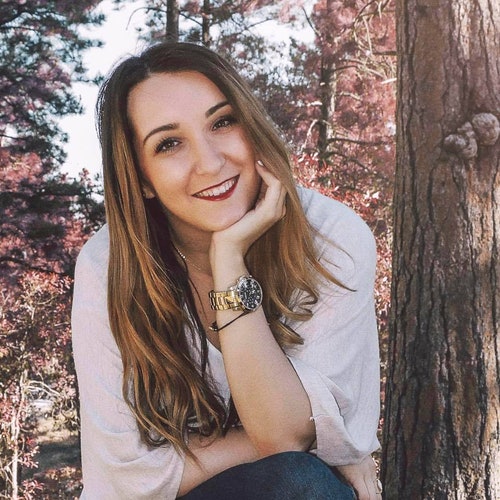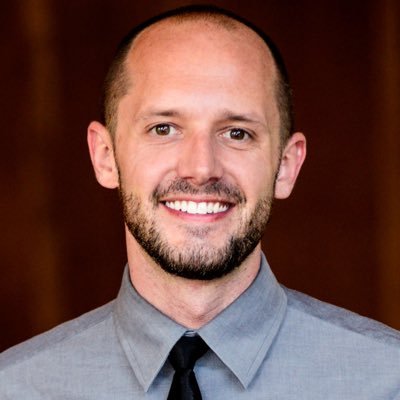Brandon Quester is the founder and executive director of the Arizona Center for Investigative Reporting, a nonprofit media organization focused on data journalism and investigative reporting in the state of Arizona. One of AZCIR’s premiere projects is the Arizona Dark Money Bot. Using an algorithm, AZCIR scrapes records from the Secretary of State’s Office and posts updates about dark money donations directly to Twitter. The project was created as a result of an increase in dark money donations during Governor Doug Ducey’s 2014 campaign.
We met in Quester’s office at Arizona State University’s Walter Cronkite School of Journalism & Mass Communication to discuss AZCIR’s purpose, the role of data in journalism and the path to entrepeneurship.
Why did you create the Arizona Center for Investigative Reporting?
When newsroom profits began to decline, the first thing to go was investigative and accountability reporting. So we started AZCIR in 2012 to become a new and independent voice in the state of Arizona to fill some gaps in accountability reporting. Our newsroom is a different approach to the business model of journalism. We don’t answer to shareholders, we are supported by foundations and through individual donations. We directly answer to the public because they fund us. We have a heavy focus on data analysis and programmatic journalism.
What do you say to journalists who don’t want to study data?
I think that the future of news in this country depends upon data to do reporting. It’s not something that’s new—computer-assisted reporting has been around for decades. If you want to be a journalist and do your job in a meaningful way, you should have a basis in data. Math is something that we should know as reporters. It’s a critical part of every piece of reporting. You need to be able to articulate numbers to the public in a clear, concise way.
Do you get pushback from subjects when doing investigative reporting?
It’s not often that you get thanks from people you’re reporting on. Even though we’re a newish model, we still have a very deep rooted sense of our journalistic ethics and integrities. Being fair and accurate in our reporting is the most important thing that we can do. As long as you do that, most people will respect your approach.
Did you think you would be an entrepreneur?
No. I started off as a photojournalist, then I worked as a beat reporter and [did] freelance work. When I first started off, I just cared about telling important stories. But I went through that time when newspapers were starting to cut back and I decided to make a shift from “I just want to report the news” to “I want to impact the future of what news is.” It’s up to journalists who have a strong foundation in traditional journalism to experiment. They need to be willing to take risks. They need to be able to fail–not in their journalistic approach but in their business approach. As an industry, we need to keep experimenting to envision and recreate the future of what journalism will be.
How do you feel about the future of journalism?
People talk about this doom and gloom about the future of our industry but I think it’s one of the most exciting times in the history of our industry, frankly. You look at things that we’ve done such as the dark money bot. The ability to do that, ten years ago, was not fully realized. It’s really exciting. We’re including an efficiency in our process through programmatic journalism that we couldn’t have done ten years ago.
I am optimistic. Certainly, there are clear challenges. But it’s up to us to really help shape and define the future of what journalism becomes. Today, there is more information available to any member of the public than [at any time] in the history of communication. We’re still very much in a digital revolution. The way that I view our role is to help make sense of all that noise.











